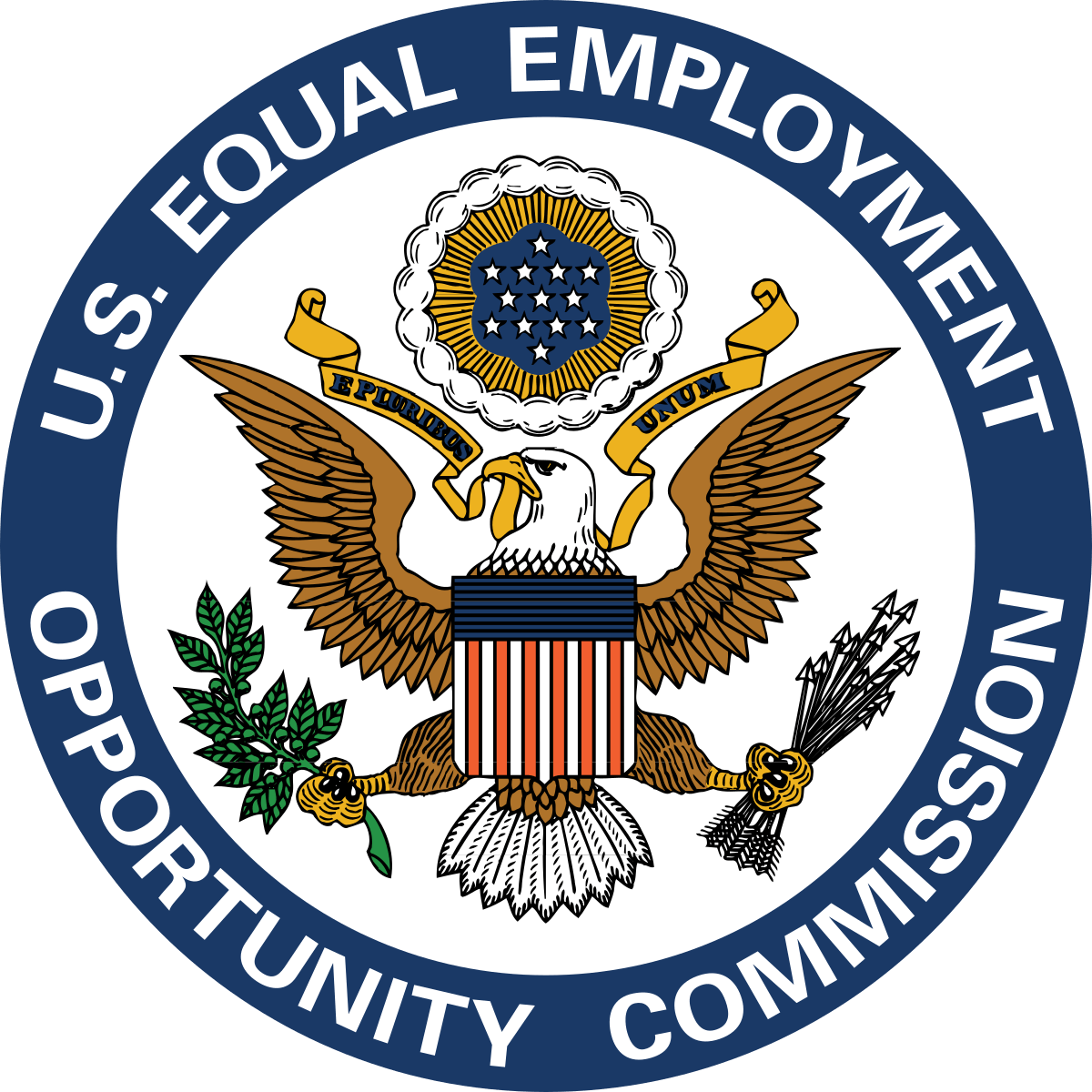Update to EEOC Mandatory Posters: New QR Code for Filing Charges

On October 19th the U.S. Equal Employment Opportunity Commission (EEOC) released the ‘Know Your Rights’ poster. The new poster is meant to replace the former mandatory signage commonly known as the “EEO is the Law” poster. Under Federal law, every employer covered by the non-discrimination and EEO laws is required to post on its premises the "Equal Employment Opportunity is the Law" poster. The old “EEO is the Law” posters stressed several fundamental components of the law enforced by the EEO, including the prohibition of discrimination based on:
- Race, color, sex (including pregnancy and related conditions, sexual orientation, or gender identity), national origin, religion,
- Age (40 and older),
- Equal pay,
- Disability,
- Genetic information (including family medical history or genetic tests or services), and includes
- Retaliation for filing a charge, reasonably opposing discrimination, or participating in a discrimination lawsuit, investigation, or proceeding.
In addition to the information on the old poster, the new “Know Your Rights” poster includes a QR code for applicants or employees to link directly to instructions on how to file a charge of workplace discrimination with the EEOC. Employees are now able to use their smartphone cameras to directly access the website to begin the process of filing a complaint with the EEOC. Charlotte A. Burrows, Chair of the EEOC, also stated that, “by using plain language and bullet points, the new poster makes it easier for employers to understand their legal responsibilities and for workers to understand their legal rights and how to contact EEOC for assistance. The poster advances the EEOC’s mission both to prevent unlawful employment discrimination and remedy discrimination when it occurs.”
As well as the inclusion of the QR codes, the new posters also stresses that harassment is a prohibited forms of discrimination and clarifies that sex discrimination includes discrimination based on pregnancy and related conditions, sexual orientation, or gender identity.
Additionally, the EEOC’s release reiterated the requirements for displaying the poster, stating, “the posters should be placed in a conspicuous location in the workplace where notices to applicants and employees are customarily posted.”
In conjunction with displaying physical copies of the poster on premises, employers are now encouraged to post a notice digitally on their websites in a conspicuous location. The Americans with Disabilities Act requires that the posters be placed in a location that is accessible to person with limited mobility. In most cases, electronic posting supplements the physical posting requirement. In some situations (for example, for employers without a physical location or work remotely and do not visit the employer's workplace on a regular basis), it may be the only posting.
If you have questions about the updated EEOC guidelines, or any other general employment issues, please do not hesitate to contact the attorneys at The Royal Law Firm at 413-586-2288.







